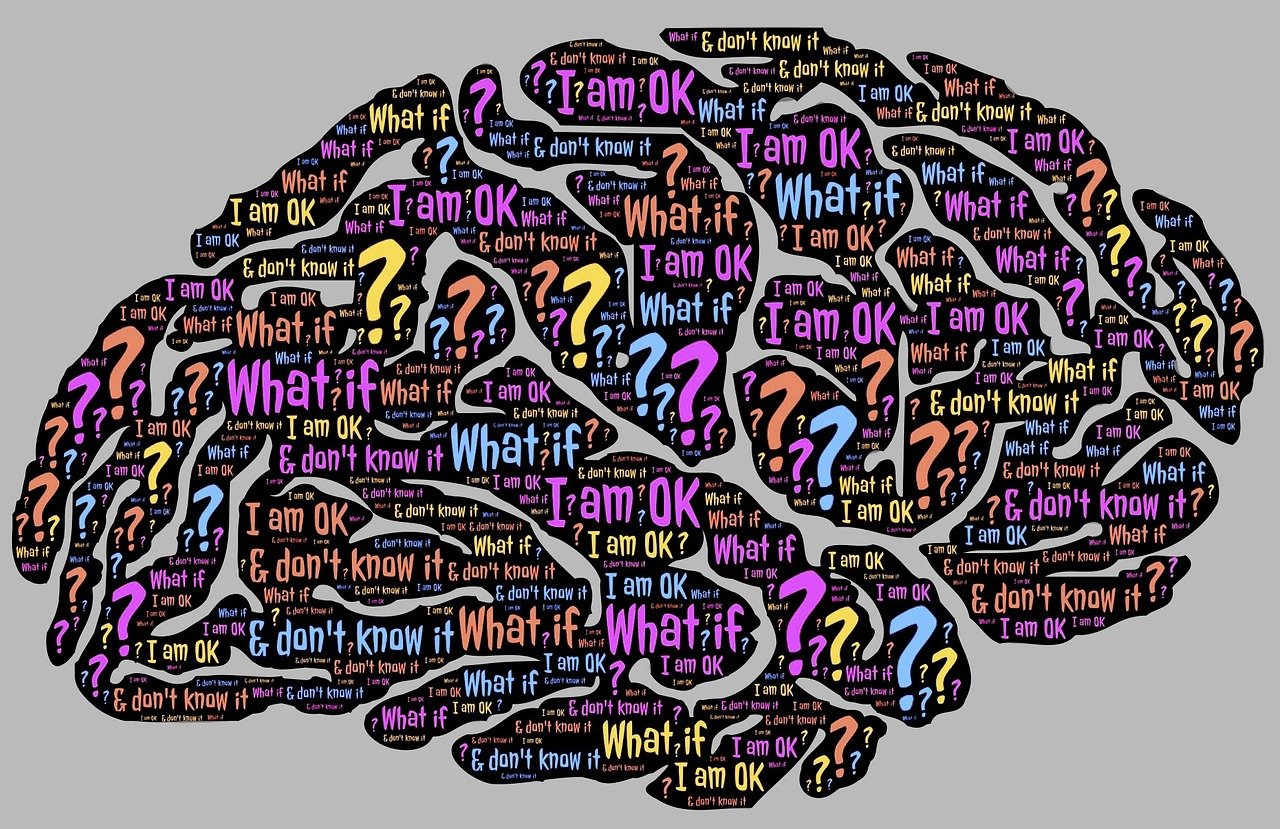
Perceptions matter – just ask your genes!
A newer field of study in biology is called social genomics. It is the study of how and when different genes are activated based on social interactions. On one level, it is very obvious that relationships affect our physiology. We can get anxious if someone is angry with us, which would show up as an increase in cortisol in our blood. But the study of social genomics goes much, much further and looks at all the genes that get activated. This provides clear evidence for a physiological mechanism of how lower levels of differentiation can negatively impact health. The same mechanism provides for how higher levels of differentiation can promote health and mitigate the effects of stress.
How does Social Genomics work?
Our DNA, our genes, are used for making proteins. We use proteins in chemical processes throughout the body. The process starts with the body making a copy of or transcribing a piece of DNA, and this copy is called RNA. When a gene is “expressed,” the body produces RNA molecules that are a copy of the section of DNA. Each bit of RNA is specific to the DNA or gene it is “expressed” from. Biologists can do analysis to determine which of these RNA molecules are around, and that tells them what genes are being transcribed. (The collection of RNA molecules is called the transcriptome).
So you take a group of individuals and expose them to a social threat, and then you measure all the bits of RNA that get produced. This tells you all the genes that just got activated, or more activated, by the social threat. The results are both amazing and important.
What has Social Genomics found?
This area of research has found two important and broad findings. They are how our inflammation and antiviral systems get turned up and down in response to social interactions, i.e. in relationships. These two systems are evolutionarily important. They are part of our natural defence against a) wounds and bacterial infections and b) viral inflections. Our inflammation system gets activated to promote healing and anti-bacterial defence. For example, when our ancestors were out hunting or fighting and got wounded. Our antiviral system, our immune system, is used to protect us from viruses, which often get transmitted from human to human. For example, in the winter, while in close quarters with our group (and not out hunting as much).
Fast forward to today, and your partner is angry with you. Your body believes this to be a physical threat – you could be wounded (not infected). So it cranks UP the inflammation response system and cranks DOWN the immune response. It turns one up and the other down to conserve bodily resources.
What’s wrong with a bit of inflammation if it helps us?
Inflammation responses and immune responses are “point in time” defence mechanisms. Like fire departments and hospitals, they are very useful when you need them, but you better not need them a lot. You definitely don’t want a fire truck parked outside your house all year! Yet repeated exposure to social threats activates the inflammation system, weakens the immune response, and keeps them chronically like this. This is not good. A house that has repeated fires is not a healthy house.
What is a social threat? It is what you think it is.
Social threats are things like conflicts (arguments), social rejection, social isolation, and loneliness. But it also includes one’s physical environment overall and not just family. For example, if one lives in a dangerous area and is always more vigilant when going out, these systems activate. In fact, just thinking that one is threatened can activate these processes. Analyzing one’s “transcriptome” would tell you if you were “walking on eggshells.” In fact, one doesn’t even have to have the subjective feeling of walking on eggshells, yet the body will react as if it was. The body knows.
Good emotional connections matter
What these social genomic studies have found is that we can do things to minimize the effects of social threats. First, all the things that help combat stress, like sleep, mindfulness, yoga, and exercise, are helpful. But healthy relationships are critical, as these can be the original source of the impact. Any relationship that *regularly* creates tension is not a healthy relationship. No relationships are not healthy, either. Studies have shown that isolation during COVID-19 had negative effects on immune system functioning, for example.
Thus, working on having even a few good emotional connections can counteract the negative effects of social threats. So the ideal goal is to minimize difficult relationships and maximize positive relationships. A measure of a healthy relationship is how much you can discuss meaningful topics with little worry about what the other person might think.
Defining self also matters
There is another very useful antidote to the negative effects of relationships that tie directly to defining self. Researchers have shown that individuals who derive happiness and satisfaction from meaningful, purposeful activities have much healthier systems than those who just pursue fun and pleasure. The effects of eudiamonic happiness (purpose) versus hedonic happiness (pleasure) are profound. So getting clear – defining self more – about what one believes in and has a conviction for and being able to lead a purposeful, meaningful life is very important. This is also the foundation for defining self more in relationships.
We evolved to be in relationships. We evolved to have positive and meaningful social connections, as it was key to our survival. This is why even perceived threats to our social world activate these systems. These systems provide a linkage between healthy relationship systems and healthy individuals. And vice versa. How you think about your relationships makes a difference.
Maybe, in the future, your counsellor will ask about your family diagram and your transcriptome.
Thank you for your interest in family systems.
Dave Galloway
dave.galloway@livingsytems.ca
Learn more about Bowen family systems theory here.
Watch this thirty-minute video on social genomics here.
This article summarizes this excellent review of social genomics and is here.


